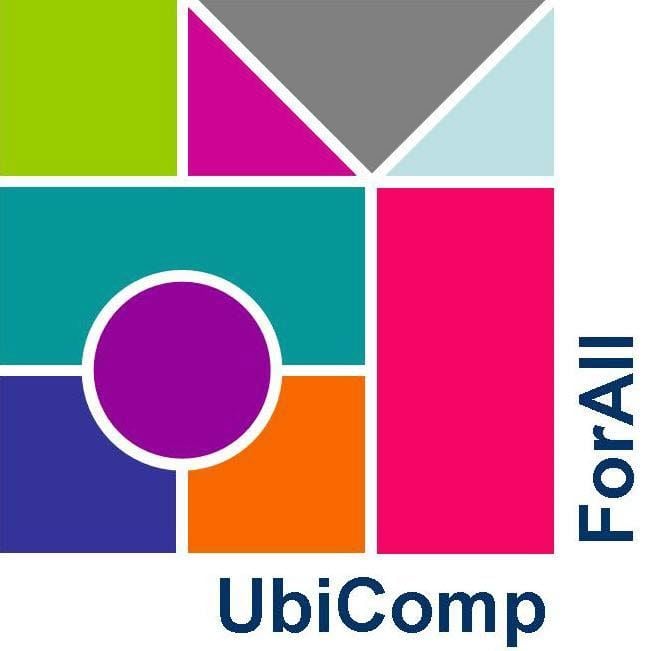The more pervasive the Internet of Services becomes, the greater opportunity users potentially have to customize the computing activities that take place around them. For some people the large number of services causes trouble: how to manage the complexity? For other people, it gives the possibility for tailoring things to exactly what they want. Why not increase the possibilities and diminish the problems by providing users with good tools? Service discovery and composition should not require expert knowledge, but be done by ordinary users. This is what UbiCompForAll is about. It provides a software engineering framework that is sophisticated enough to support the correct personalisation of services, while being intuitive enough for non IT-professionals.
UbiCompForAll adopts a meta-design approach [1]. The idea is to include users as co-designers, not only at design time, but throughout the entire life-cycle of the system. The users learn while using a system, and their needs evolve. It is therefore important to involve the users not only during system design, but also after system deployment. Meta-design describes an ecosystem for the collaboration between developers and users, with the seeding, evolutionary growth, and reseeding (SER) process model as a central element. Seeds are initial system entities designed through participatory design activities involving developers and users. Seeds can grow, i.e. evolve, following the tailoring of the system by users. Finally, reseeding is about the enhancement of the initial system to integrate changes. The concepts of meta-design fit well in the context of user service composition: services map to the concept of seeds, user extensions through service composition map to evolutionary growth, and finally the creation of new services based on user compositions and new needs emerging during composition map to re-seeding.
Meta-design is a conceptual framework. It does not provide concrete design space solutions or engineering guidelines for constructing tools that support design spaces. UbiCompForAll has exploited a model-driven engineering approach and meta-modelling techniques to realize of an user service composition framework, in line with the conceptual meta-design framework.
The project has developed a set of engineering tools for user service composition. The tools were applied in three application domains: city exploration, mobile telecom services and mobile asset management. While city exploration was used as an experimental case, the two other application domains were provided by the two industrial partners in the project Gintel and tell.u.
Proposed further work
Ambient Assisted Living is a highly relevant application domain for user service composition. The proper use of ICT can contribute to providing people with disabilities independent and active lives, and enable them to live longer at home rather than in impersonal and costly care homes - a benefit to all parties. The key to success is the ability to tailor assistive services to the specific needs, activities and environments of the users. We foresee solutions that allow caregivers to personalise services for their clients and loved ones. Enabling this would put people with disabilities more in control of their life and surroundings. We have not succeeded in getting funding for applying user composition in that application domain.

